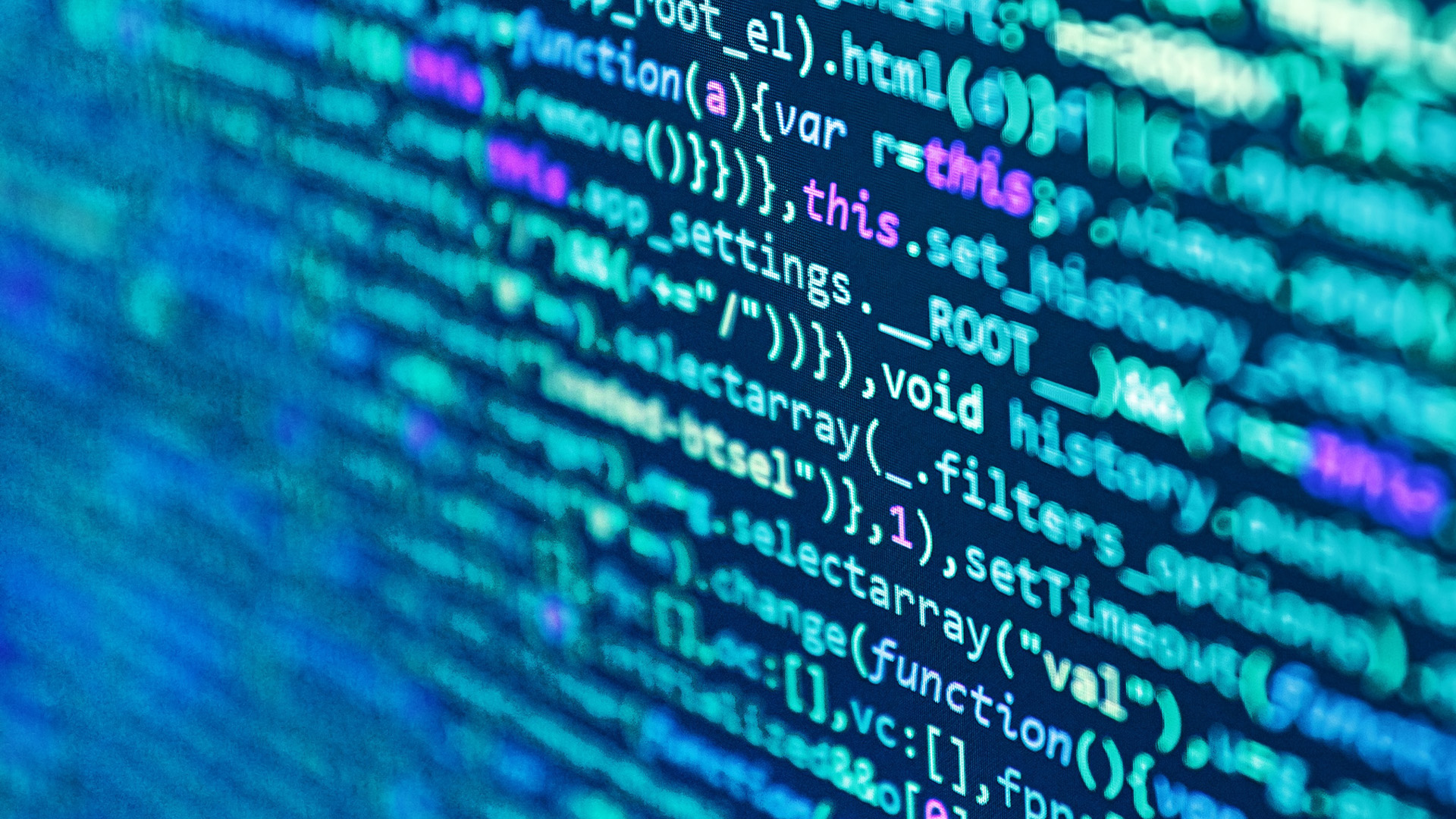
Publication
M&A in the asset management and fund sector: Key themes for 2025
UK and European asset managers have been facing considerable headwinds over the past few years.


A number of recent cases involving blockchain platforms illustrate the difficulties that sometimes emerge in understanding what roles software coders do and don’t play when it comes to such systems, and thus whether they may potentially be faced with liability.
Some 425 years ago, a villainous character in Shakespeare’s “Henry VI, Part II” famously exclaimed, “The first thing we do is, let’s kill all the lawyers” (Act IV, Scene II). Were Shakespeare today a lawyer litigating blockchain cases, would his character be suggesting that the first thing we should do is sue the software coders, or even the code itself?
A number of recent cases involving blockchain platforms illustrate the difficulties that sometimes emerge in understanding what roles software coders do and don’t play when it comes to such systems, and thus whether they may potentially be faced with liability. These cases also show how confusion can arise in distinguishing between code itself and the actions and interests of the humans and entities who may lie behind that code.
Robert A. Schwinger explores recent developments in this edition of his New York Law Journal Blockchain law column.
Download the full New York Law Journal article, "Going after blockchain coders—and perhaps even the code?"

Publication
UK and European asset managers have been facing considerable headwinds over the past few years.
Publication
L’Union Européenne l’avait annoncé , le législateur français l’a fait : le 20 février 2025, l'Assemblée Nationale a adopté définitivement la proposition de loi restreignant la fabrication et la vente de produits contenant des PFAS2, que l’on surnomme les « polluants éternels ».
Subscribe and stay up to date with the latest legal news, information and events . . .
© Norton Rose Fulbright LLP 2025